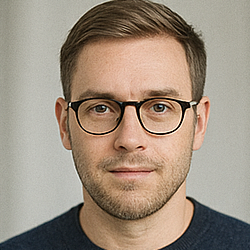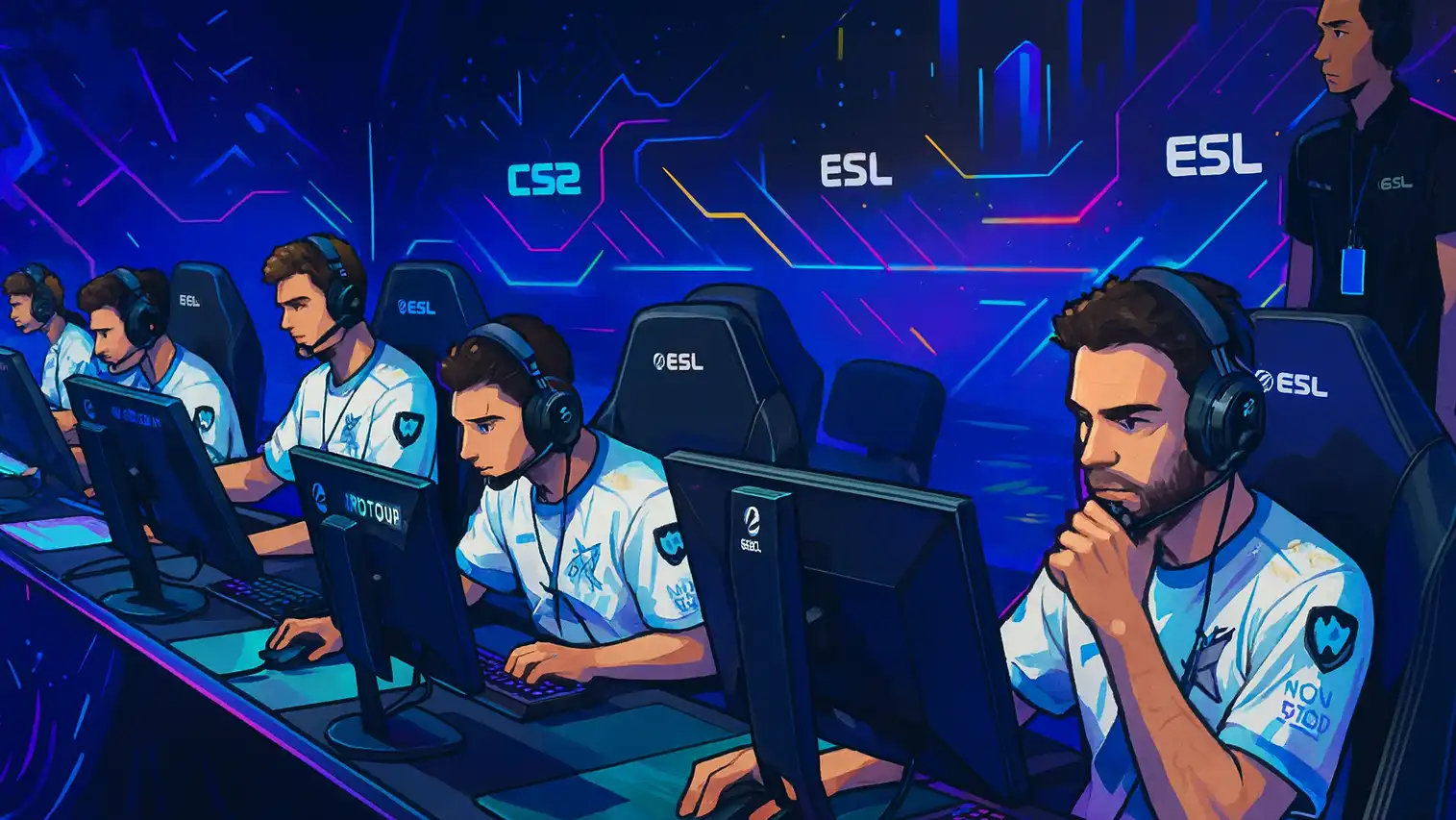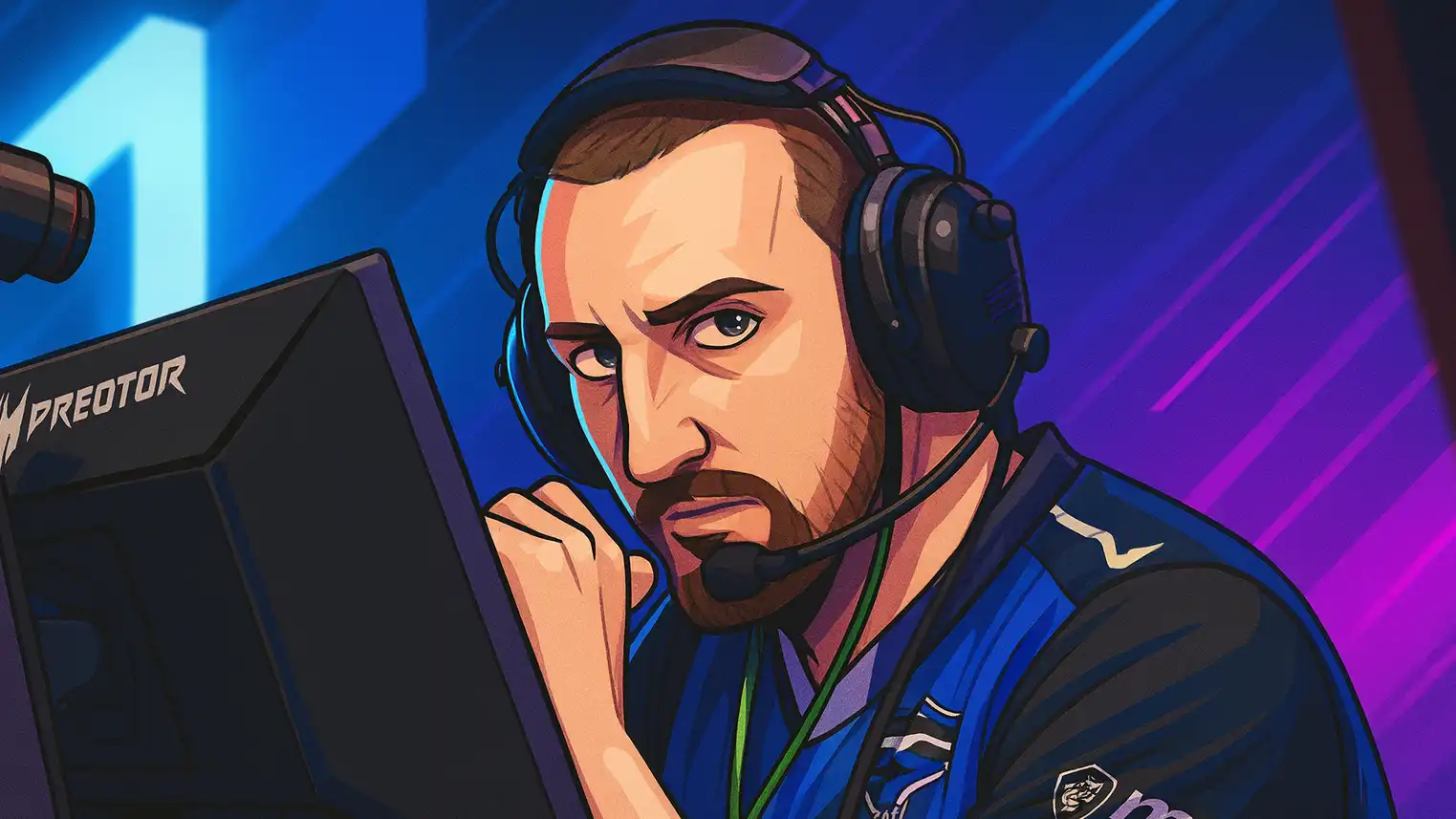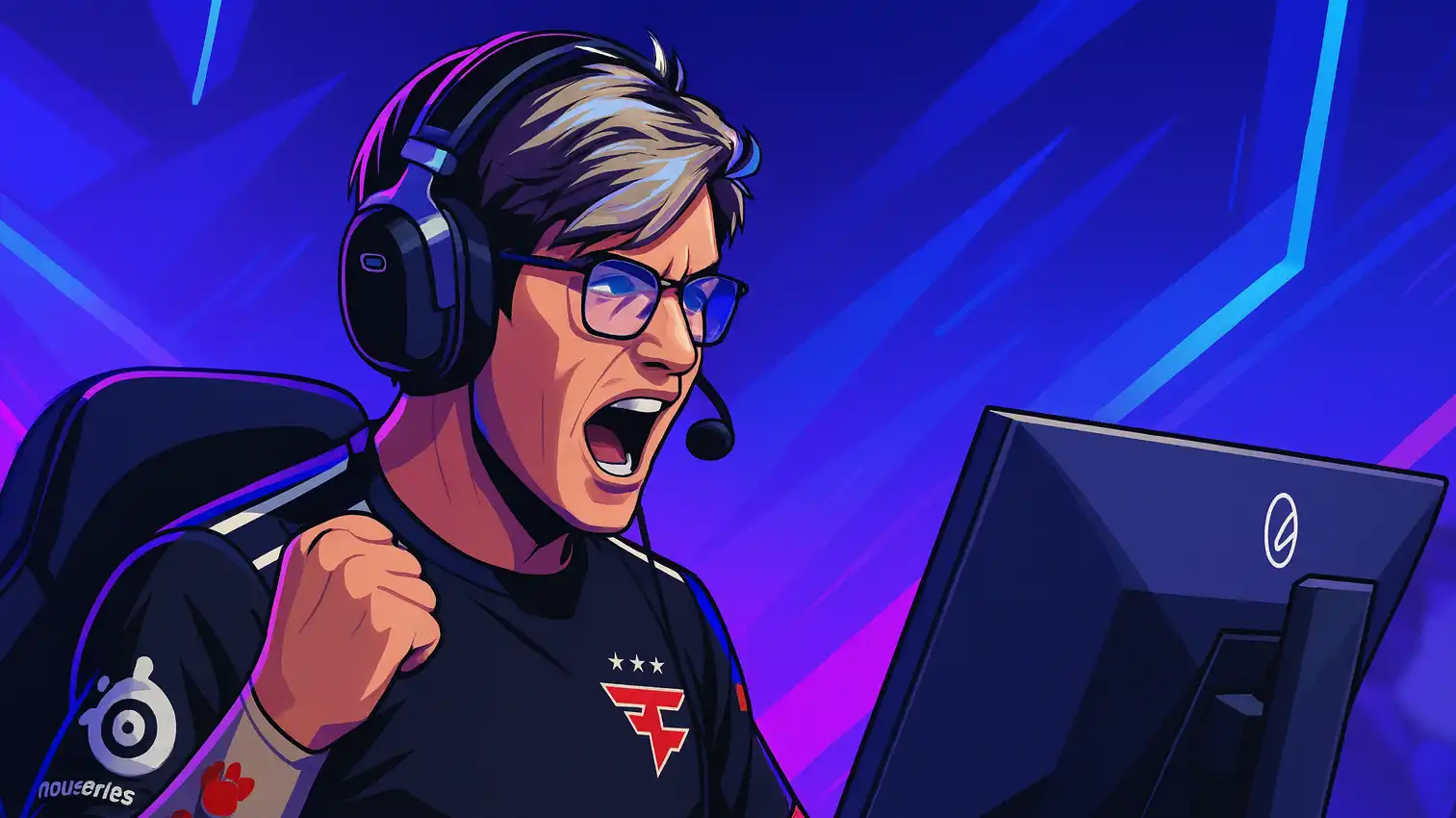Ex-Inner Circle core looking for an organisation
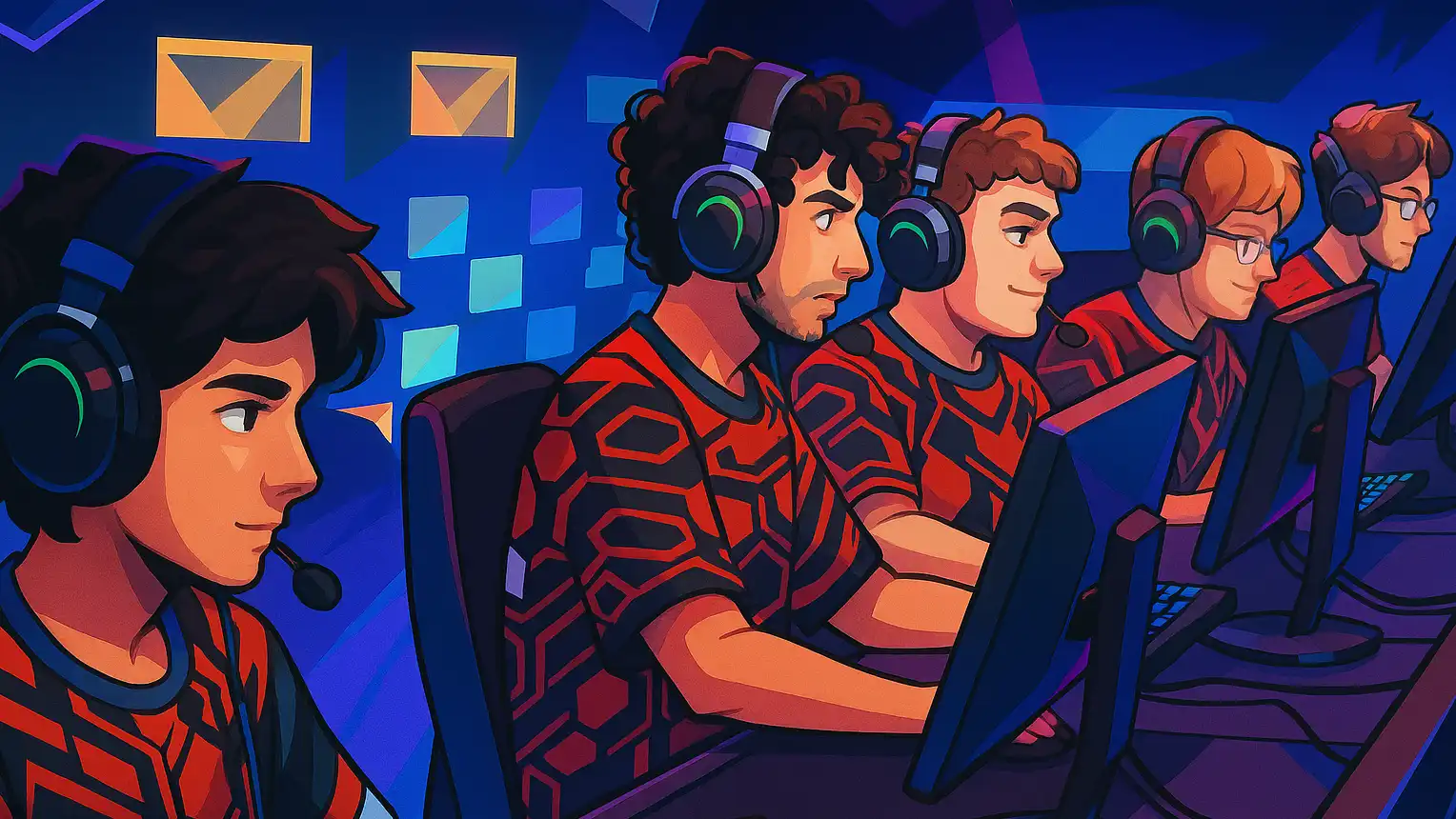
Ex-Inner Circle core looking for an organisation
The Polish trio of Wiktor “mynio” Kruk (in-game leader), Kamil “KEi” Pietkun and Kacper “Kylar” Walukiewicz have officially announced they are free agents and actively seeking a new organisation. The three players confirmed they intend to sign together as a core unit rather than splitting up.
The announcement comes following the decision by Inner Circle to part ways with this group earlier in the year. Inner Circle cited that “the goals set for this period” had not been achieved.
Specifically, the core trio previously joined Inner Circle in 2024 after rebuilding from the squad formerly known as 9INE, where they had already played together in 2023.
Background & timeline
-
In 2023 the players (mynio, KEi, Kylar) had established synergy on 9INE, carving a reputation in the Polish CS2 scene.
-
Early 2024 they signed for Inner Circle, joining alongside players such as Olek “hades” Miskiewicz and Szymon “kRaSnaL” Mrozek.
-
Inner Circle later decided to bench the group, replacing them with the former TNL roster. This decision triggered the trio’s free-agency.
-
They also briefly competed as ex-Inner Circle with hades and kRaSnaL, finishing 2nd at the Birch Cup under that tag. Now, however, they intend to push forward without their former teammates and stand as a core.
Why this matters
For Polish CS2 organisations and players, the departure of this core unit marks a significant moment:
-
The trio already holds a VRS ranking of 55th globally while competing together. Their free-agent status offers prospect organisations an entire realistic five-man core with existing synergy.
-
Keeping the three players together gives them a competitive foundation many rebuilds lack; organisations often struggle to synchronise new recruits.
-
For Inner Circle, making the change indicates they opted for immediate roster upgrade by recruiting the TNL squad—highlighting the high-stakes nature of CS2 team building where performance demands are intense and short-term.
-
The movement also reflects a broader trend: organisations increasingly willing to bench entire cores in favour of ready-to-go line-ups rather than incremental rebuilds.
Challenges ahead
While the core group staying together is a strength, several hurdles remain:
-
Finding an organisation with sufficient resources to properly support international competition, server access, practice facility and tournament travel.
-
Recruiting two additional players (assuming the trio are three of five) who can mesh with the established synergy. The success of a core depends on complementary roles, not just star players.
-
Market demand and timing: The Polish scene and surrounding European region have many free agents and organisations concurrently looking for upgrades. Finding a contract that aligns with their ambitions will depend on timing, ask and reputation.
-
Proving results: Although the trio has prior synergy, the next step is to show consistent performance at the top tier—otherwise organisations may hesitate to commit long-term.
-
Identity and brand: As free agents, they must present compelling value beyond gameplay—such as streaming presence, regional fan-base and marketing potential—to stand out in negotiations.
Potential organisational fits
Given their nationality and region, some logical fits might include:
-
Polish organisations seeking to build a national roster and leveraging domestic fan-base.
-
European mid-tier teams willing to take a chance on an established Polish core and using them as a regional entry point.
-
Emerging organisations in CIS/EU space that want to enter the CS2 space quickly by signing a ready-to-go lineup.
Broader context in CS2 esports
This move ties into the evolving ecosystem of Counter-Strike 2:
-
Organisations are shifting from long-term rebuilds to “core-acquisition” strategies where pre-built line-ups are signed rather than assembled from scratch.
-
The importance of regionally stable cores (especially from Poland, a historically strong CS region) remains high.
-
Free-agency is increasingly public and strategic: players announcing intentions as cores is becoming standard, increasing transparency in the market.
-
For fans and analysts alike, how readily these players are signed will signal organisation confidence in the Polish region and overall market health.
Conclusion
In declaring “we plan to move on as a core,” Wiktor “mynio” Kruk, Kamil “KEi” Pietkun and Kacper “Kylar” Walukiewicz have positioned themselves as one of the most interesting free-agent groups in CS2 today. Their decision to stay together gives them a competitive and market advantage—but success now depends on landing the right organisation, augmenting the lineup effectively and translating synergy into top-tier results. As organisations evaluate demand for established cores, this trio’s next move will likely set the tone for the Polish CS2 roster market going into the next season.


